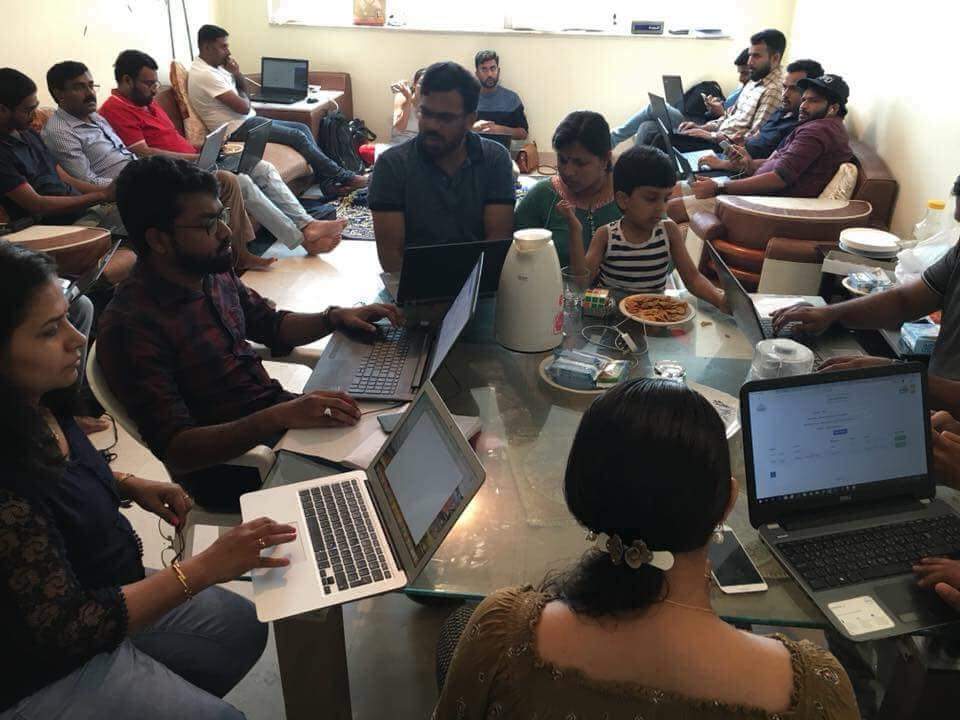A common occurrence in Indian Schools and homes - a child transgresses a limit or does something nasty and adult knows that child has done it.
Child is called to a meeting of one (usually many) adult/s and child.
Situation is described in third person and passive voice.
This "own up and confess" part is a relic of a specific religion's influence on our education system and begining of permanent damage of relationship between child and authority figures. Let me explain.
As long as you give me (adult) an opportunity to forgive you in a specific way, you can get away with most transgressions.
Hence those cute videos of guilty babies and dogs.
But this pink and purple life usually ends by the time they are 6-7 years old (humans, not dogs.)
And real conflict starts.
1. Express surprise and share adults' disgust at the event.
2. Deny any prior information about it and even volunteer some help in investigations and throw around names of old rivals.
4. Once again deny any connection with the event.
When child suspects a window of opportunity, they throw a morsel at the adult with acceptance of some mistake.
Both come away feeling victorious but actually the adult lost this battle of will and the child now knows the adult better than the other way around.
If the adult is non parent (e.g. school teacher), child's parents also face similar labels for "bringing up" such devil
Without losing relationship with the child?
If we give up moral stand and behave like "real" adults, there is a way out that is positive and constructive.
Except abuse, all opinions are welcome.
I think most answers are nicely solution focused and right IMO.
Principles of engagement are -
1. Be sure of your evidence and be in a position where you don't need any more factual information.
3. Tell them straight up that "you did this".
4. Don't get into "but I didn't do this..." discussion.
5. Clearly tell the child what you expect -
b. Your consequence is ....
6. Short, sharp, clear, unambiguous communication is the key.
7. Make sure the consequence involves repaying the hurt party in kind.
Don't forget to tell the child, "this is over. Let's move on" and mean it. Repeated references to past deeds is a deal-breaker.
But none becomes argumentative (atleast with you)
If you are a teacher, it is important to develop this reputation of a fair, no nonsense but kind disciplinarian.
It is a long long relationship without exit option so the less drama , the better it gets.
As usual comments welcome.
All discussions must happen AFTER the consequence completed by the child.
Opinions welocme.
Thanks for reading









